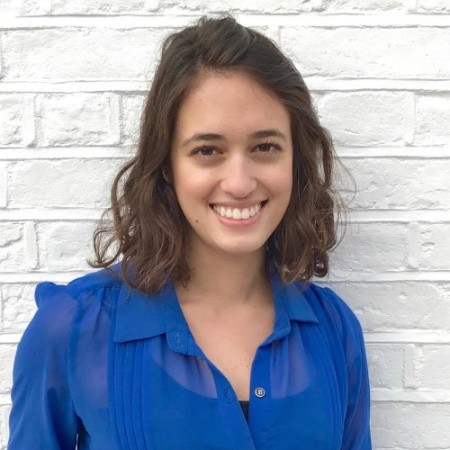

Why We Use Seneca In The Classroom
With over 25,000 UK teachers using Seneca, I thought it would be worth sharing some of the feedback I've received over the last months. Especially if you're new to Seneca it might be interesting to read why other teacher switched to Seneca and what their students are saying.
What Results Have You Seen So Far?
Adam Boxer from JCoSS mentioned that "students now come to lessons much more inquisitive and prepared". "Students that struggle with study are noticeably more engaged" said Jess Gopee. We've definitely seen an "improved uptake in independent revision and improved results in recall tests" according to David Abrahams. "Students have definitely been able to recall more knowledge since using Seneca. It has been particularly effective for engaging students who previously would have done little or no revision; some of the students who have spent the most time on the platform are students who previously had poor homework records and for whom revision was a hateful concept. It is helping me to reach and engage students who previously had no interest in knowledge; they love the competitive aspect," said Ben Winsor, Lead Teacher for English at St James Exeter.
Why Did You Start Using Seneca?
"We wanted to find a way of stretching our students beyond the timetabled curriculum lessons. We also saw it as a good way of reinforcing content learnt in class," said Adam Bones, Deputy Headteacher at Boldre Academy. Jess Gopee, Director of Science at Inspiration Trust added that it's an "easy to use platform supporting our approach to curriculum and learning - most of us are aware of latest developments in cognitive science. In addition, it's free to use with minimal workload for teachers". John Pacey from Acklam Grange School stated that "it is incredibly accessible - meaning all students can make a start (the main barrier we find to independent study) and can be supported easily by parents and staff regardless of subject specialism".
What Feature Do Your Like Most?
"One of the most powerful features is the retrieval of information for questions that students don't get correct. As a teacher the ability to set and view student progress using the 'Assignments' feature is particularly useful," said Emyr Thomas, Assistant Head at Altrincham Grammar School For Boys. Greg Seal from Abbey Wood School mentioned that he "really likes the assignments as I can see how my students are doing". Kathryn Talbot from Hills View Academy agrees stating "self marking and instant feedback for students and time trackers allow us to see how our students have engaged with the system".
Student Feedback
"Student engagement has been good. They have particularly found French, History and Geography useful as the the first Units mirror our curriculum. Equally, they have enjoyed the interactive nature of the software," said Adam Bones. Kevin Patel from Harrow High School added that "students really enjoy using the platform. They appreciate that so much content is exam board specific, and that they get instant feedback. It is also helping students who have stated the school a little late to catch up with their peers, and gives those students with exam anxiety a reassurance they throw their stuff".
"We are still very new to Seneca but have already seen enough to want to engage more in using it," said Andy Finley from Park View Learning. "We are impressed with the interface and amount of courses it supports. The neuroscience behind the product helps teachers and students understand the process of revision and the nature of the platform ensures that revision can be done anytime, any place. Students find the system engaging and are positive."
Improved Engagement
"The ability to assign work to students as courses and stand alone assignments is a definite improvement and will allow greater engagement. We have found students who like Seneca quickly start to source more courses and in many cases, revision is started sooner than in traditional forms of revision which can only be positive. We hope that, as courses continue to be developed, that our whole curriculum will be covered to allow us to engage fully. My personal wish is for BTEC and Cambridge National Courses, which are popular courses for many weaker students, to be fully resourced as the external assessment on these courses is a source of scarce materials and these are the students that need more help than others," said Andy Finley.





